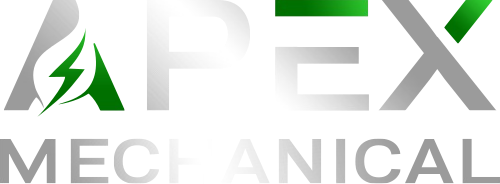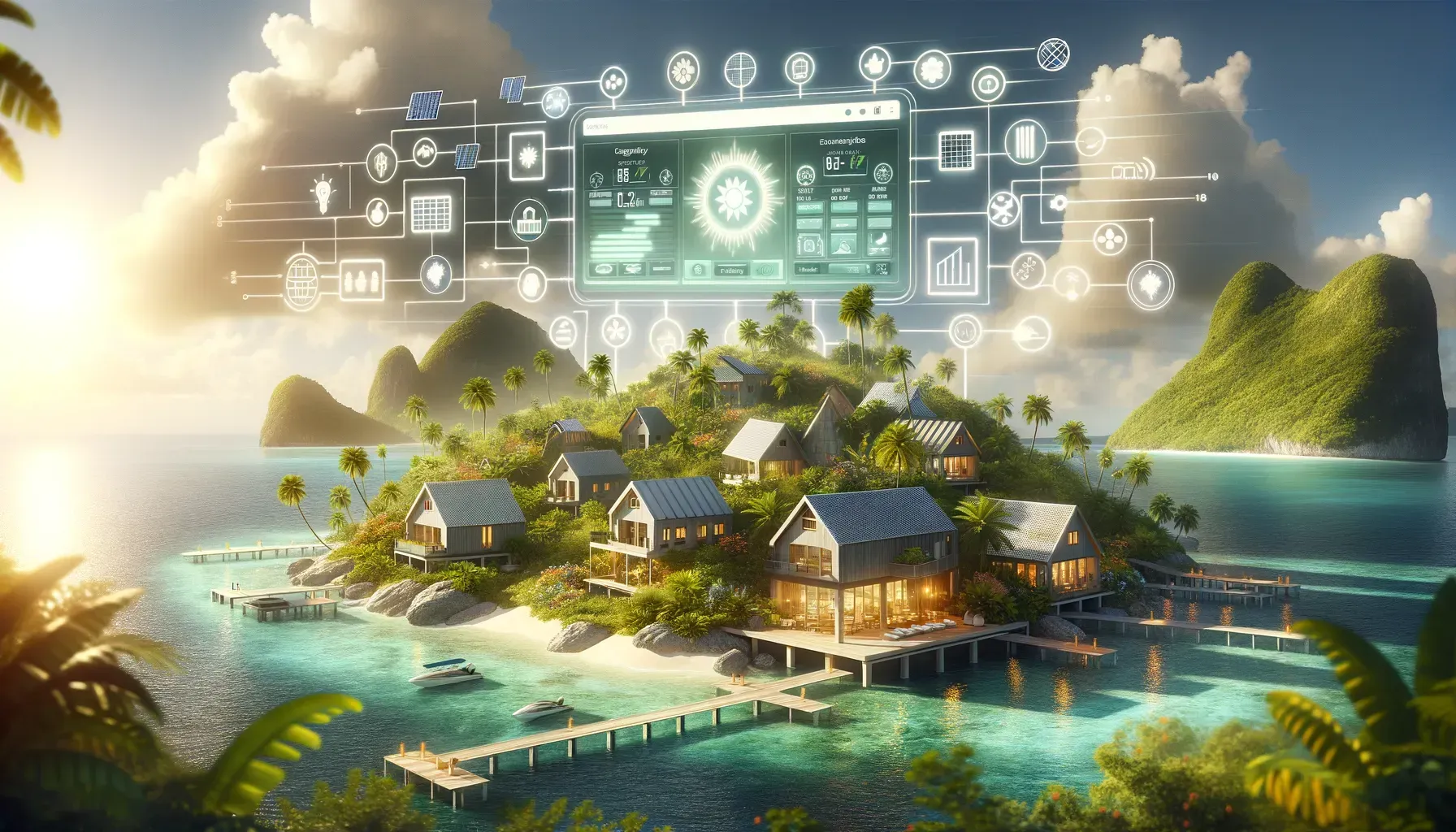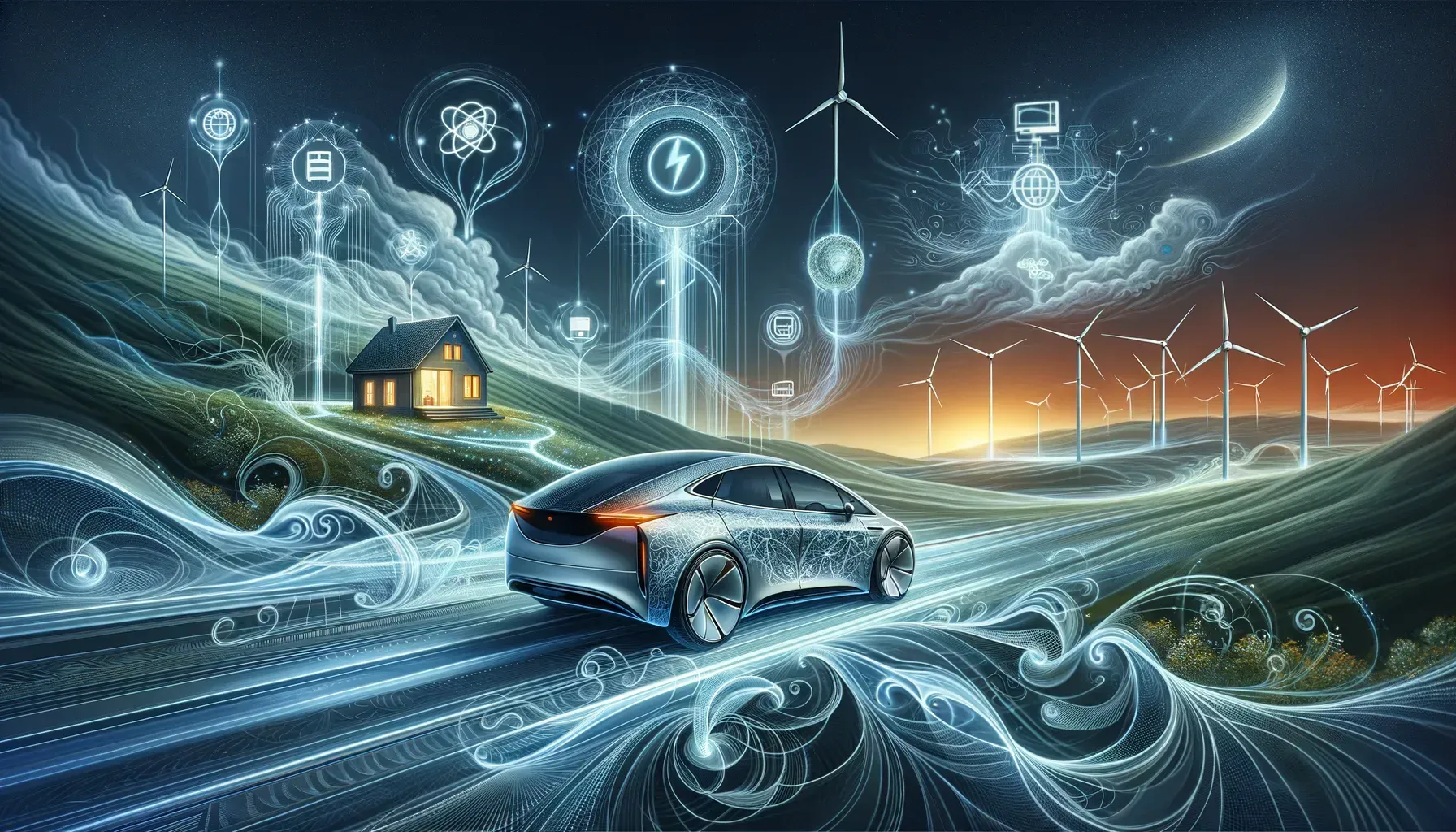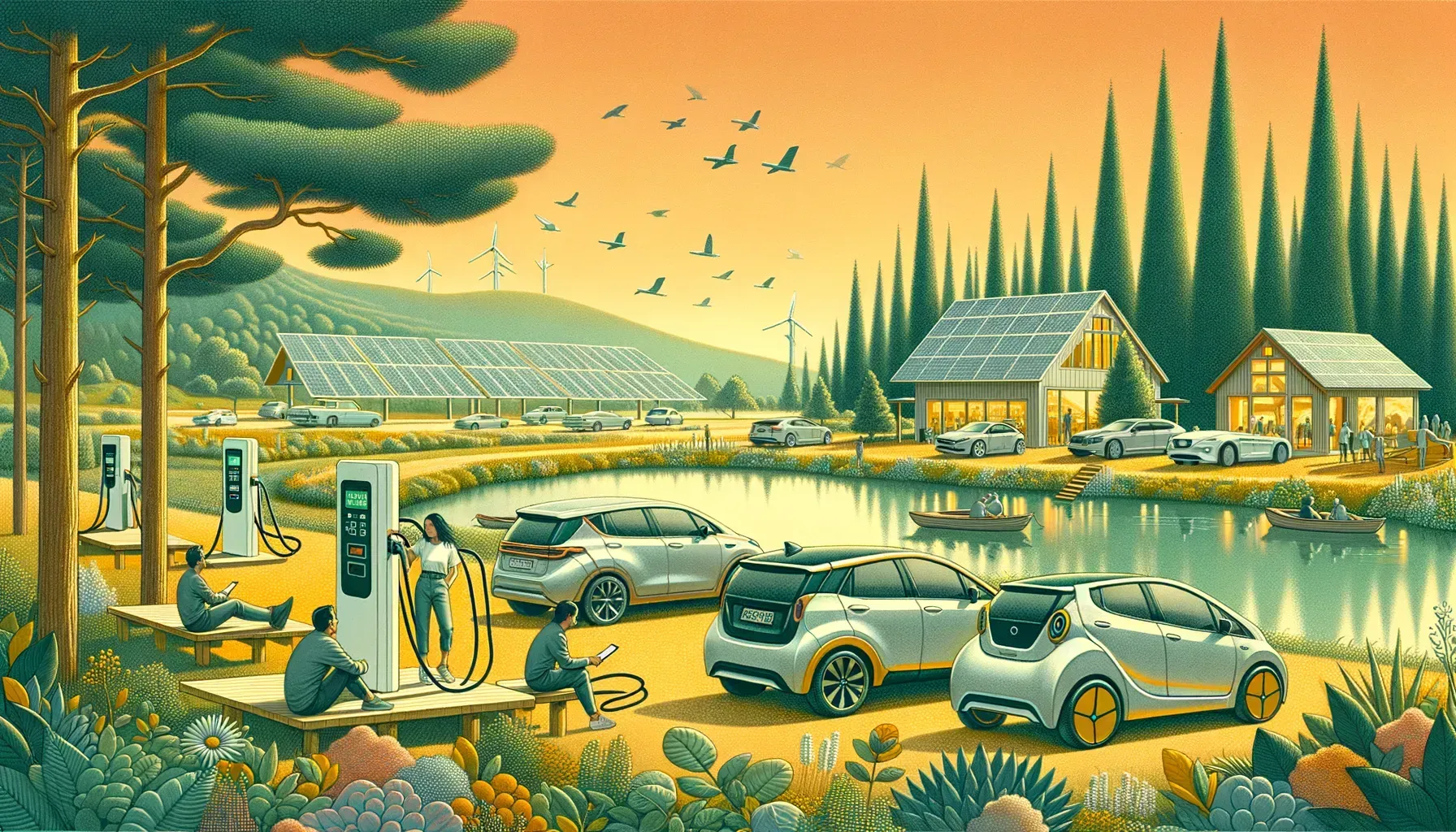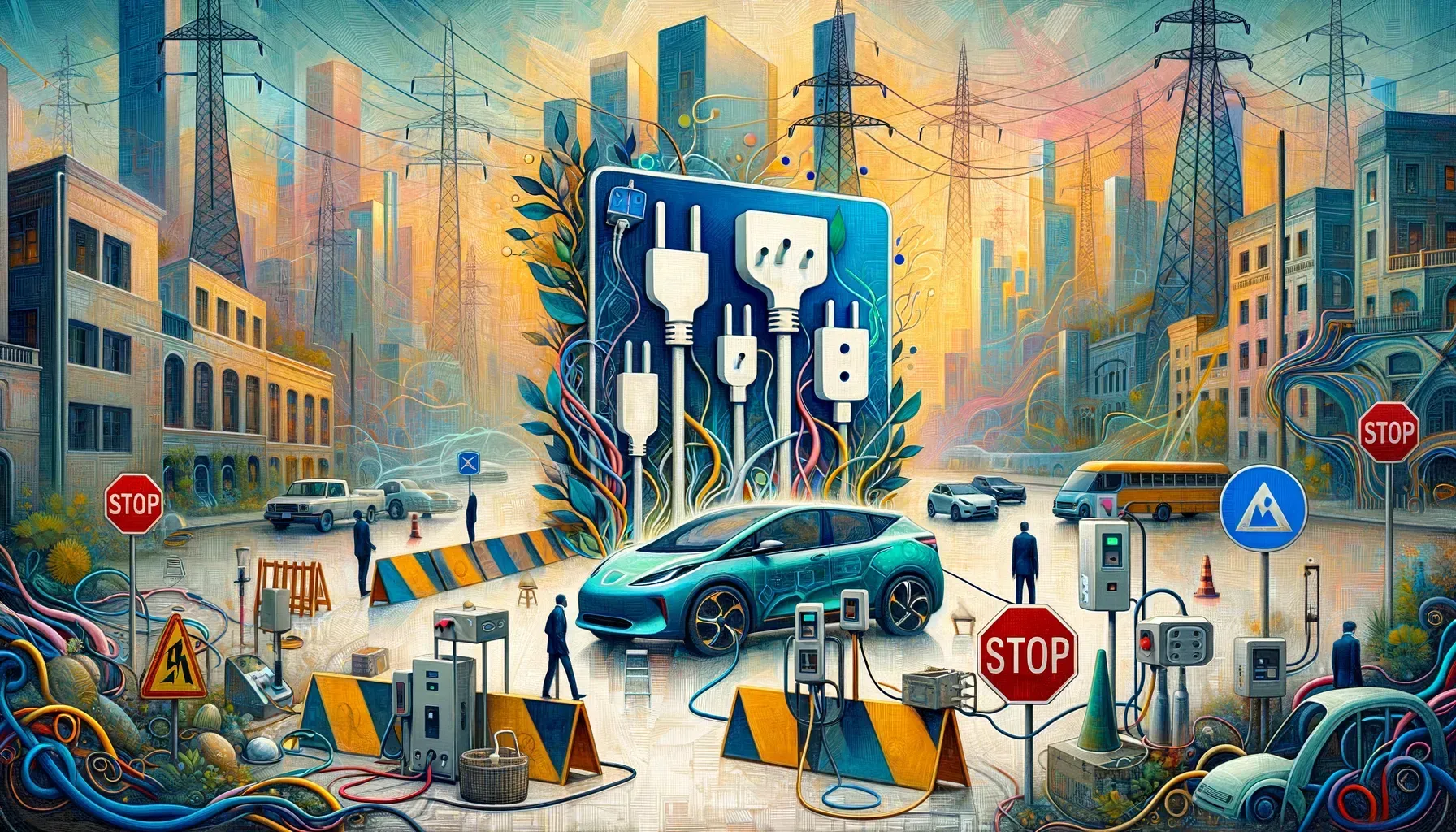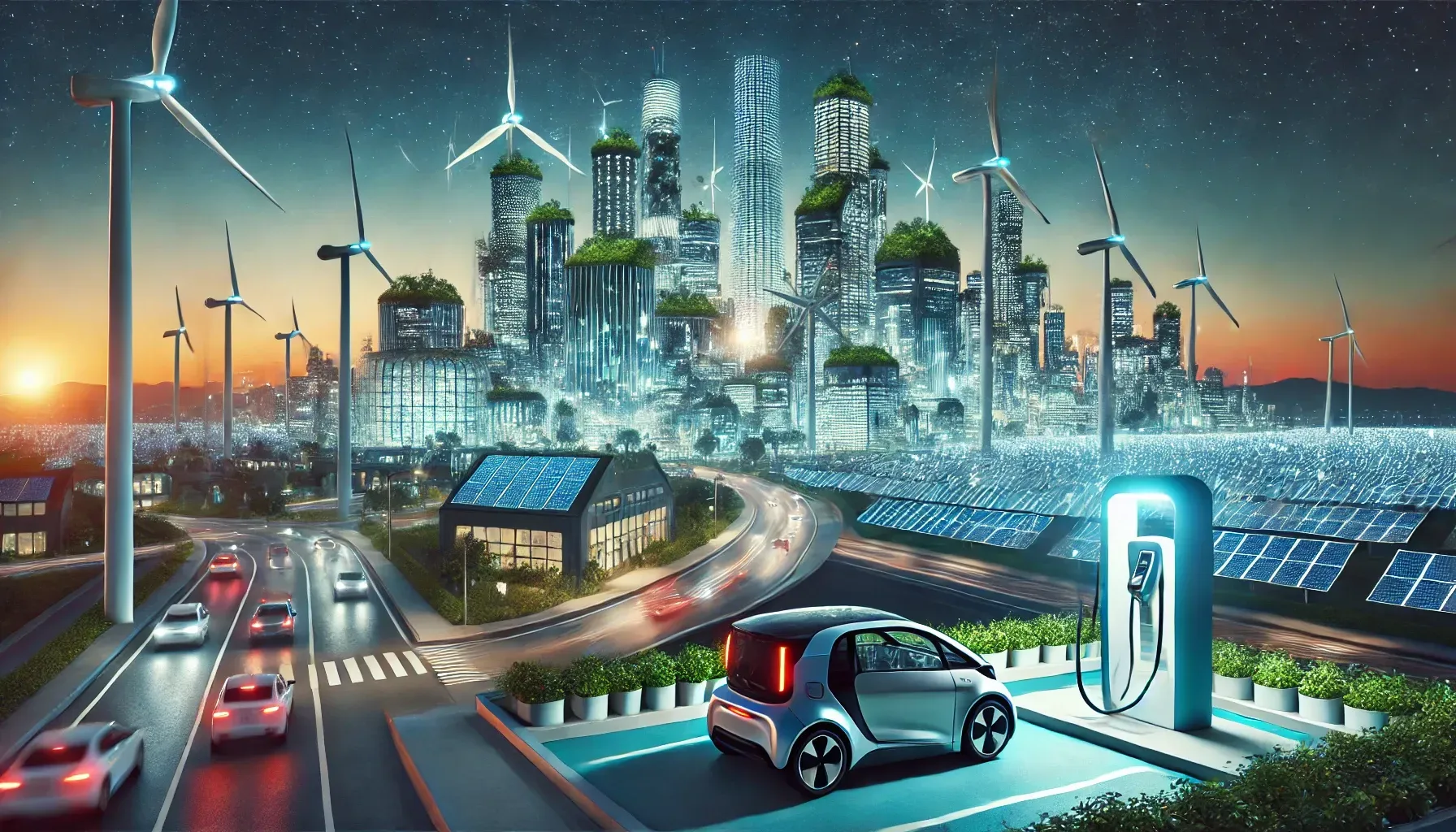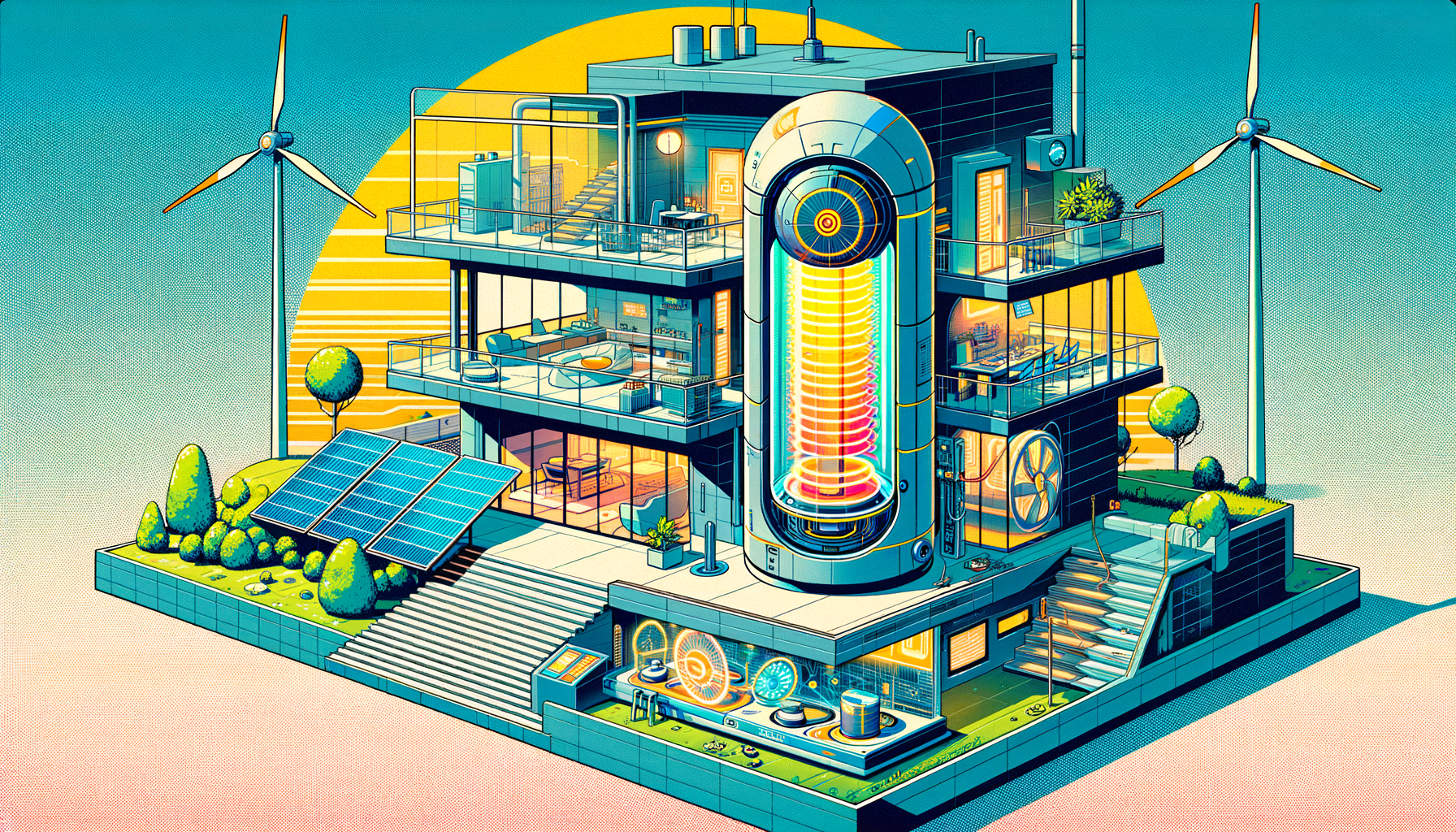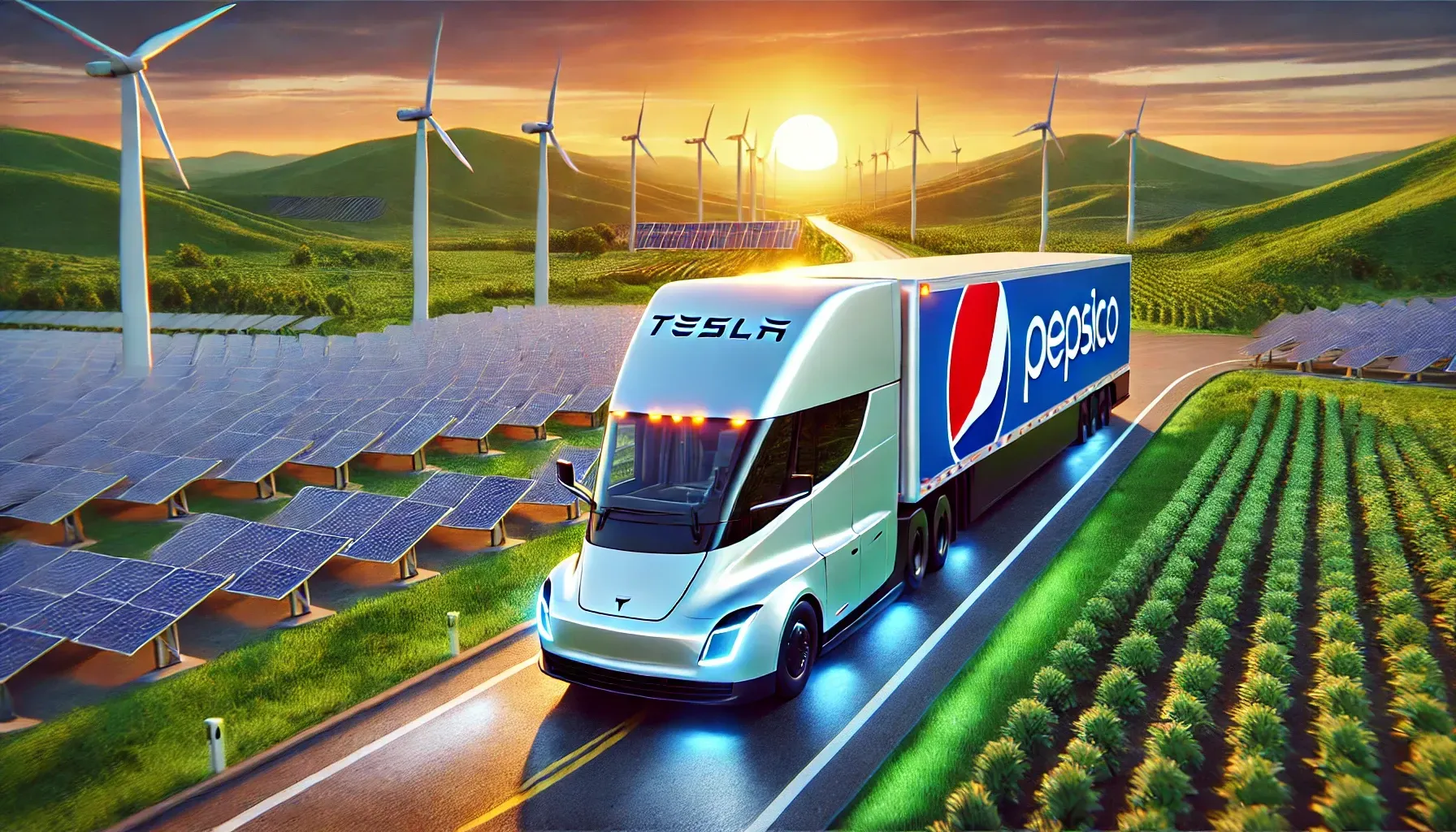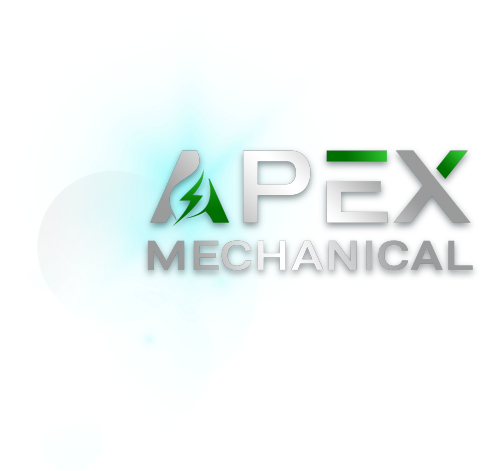Electrifying the Future: How Innovative Technologies are Revolutionizing Homes and Businesses
Explore how innovative technologies in electrification are reshaping homes and businesses for a sustainable future.
The Importance of Electrification in Achieving Sustainability Goals
 The Role of Electrification in Sustainability
The Role of Electrification in Sustainability
Electrification is a powerhouse strategy in the global effort to achieve sustainability goals. By replacing fossil fuels with electric alternatives, electrification significantly reduces greenhouse gas emissions , aligning with the broader objective of reaching net-zero emissions. For instance, the U.S. has set ambitious targets, such as a carbon pollution-free electricity grid by 2035, underscoring the critical role electrification plays in enhancing energy security and meeting climate commitments.
The momentum towards electrification is evident as the share of electricity in total final energy consumption is forecasted to rise from 20% in 2022 to over 27% by 2030. This shift is not only about cutting emissions but also about ensuring energy resilience and security. The Biden-Harris Administration’s Electrification Summit is a testament to this, focusing on climate and equity goals through advancing electrification practices.
Innovative Technologies in Electrification
Smart Home Technology and IoT
Smart home technology, powered by the Internet of Things (IoT), is revolutionizing the way we manage energy in our residences. Devices like smart thermostats and lighting systems are not just about convenience; they play a pivotal role in improving energy efficiency by optimizing power usage. In homes, IoT integration allows for meticulous monitoring and management of energy consumption, significantly reducing overall usage.
Despite the potential benefits, only 40% of buildings currently qualify as "smart," highlighting the vast opportunity for efficiency improvements. Advanced automation systems in homes can adjust energy usage based on real-time data, ensuring optimal performance and comfort. For instance, smart meters provide homeowners with real-time insights into their energy consumption, empowering them to make informed decisions and adjustments to their usage patterns.
 Renewable Energy and Storage Solutions
Renewable Energy and Storage Solutions
Renewable energy solutions, coupled with innovative storage options, are at the forefront of the electrification movement. Large-scale energy storage systems, such as lithium-ion batteries, are vital for maintaining grid reliability by storing energy generated from renewable sources like solar and wind. Virtual Power Plants (VPPs) represent a groundbreaking approach by connecting distributed energy resources into a decentralized network, which can meet up to 15% of peak demand.
The affordability of renewable technologies continues to improve, with the cost of solar panels having decreased dramatically over the past decade. This trend is supported by the rise of peer-to-peer energy trading platforms that allow consumers to buy and sell excess renewable energy directly, promoting a decentralized and resilient energy system.
Electrification in Transportation
Electric Vehicles and Infrastructure
Electric vehicles (EVs) are a cornerstone of the sustainable transportation revolution. The U.S. is investing heavily in creating a network of 500,000 EV charging stations to support this transition. EVs are essential for reducing emissions within the transportation sector, which is a primary focus of federal regulations. Companies like Apex Mechanical are pivotal in this transition, offering expert EV charger installations as part of their electrification solutions, thus contributing to sustainable transport initiatives.
The adoption of EVs is expected to skyrocket, with projections indicating that their share in total vehicle sales will hit 50% by 2030. This growth is fueled by policy incentives and increasing consumer demand. Moreover, the integration of charging infrastructure into urban planning is becoming a priority to support widespread EV usage.
Benefits of Electrification
Enhancing Energy Efficiency and Cost Savings
Electrification projects are not only environmentally beneficial but also economically advantageous. For instance, in Connecticut, electrification efforts are projected to lead to a 45% reduction in greenhouse gas emissions by 2030. Smart meters and advanced energy management systems are instrumental in helping consumers cut energy costs and boost efficiency.
Programs like demand response offer incentives for reduced energy usage during peak times, further lowering costs. For businesses, electrification translates to lower operating costs by decreasing reliance on fossil fuels and minimizing maintenance expenses. Homeowners can also enjoy up to 30% savings on energy bills through the adoption of electric heating and cooling systems compared to traditional systems.
Future Trends in Electrification
Digital Transformation and Energy Management
The future of electrification is intertwined with digital transformation, promising a revolution in energy management similar to the internet revolution. The integration of AI in energy management systems will optimize grid performance and enhance the incorporation of renewable energy. Emerging subscription-based energy services are providing consumers with flexible and efficient energy solutions.
Decentralized energy systems are on the rise, enabling communities to effectively harness local resources, thus enhancing resilience and sustainability. Advanced analytics will play a critical role in predicting energy demand and optimizing supply chain processes within the energy sector.
Policy and Economic Impacts
Supportive policies and economic conditions are crucial for expediting the transition to clean energy solutions. The Inflation Reduction Act, with its $6 billion grant, supports emissions-reduction projects in heavy industries. Federal initiatives aim to generate over 530,000 jobs in the clean energy sector by promoting electrification and renewable energy projects.
Local governments are increasingly adopting policies that incentivize electrification in both residential and commercial buildings, further driving the energy transition. The Home Electrification Prize is one such initiative, funding innovative solutions for retrofitting homes, particularly in underserved communities.
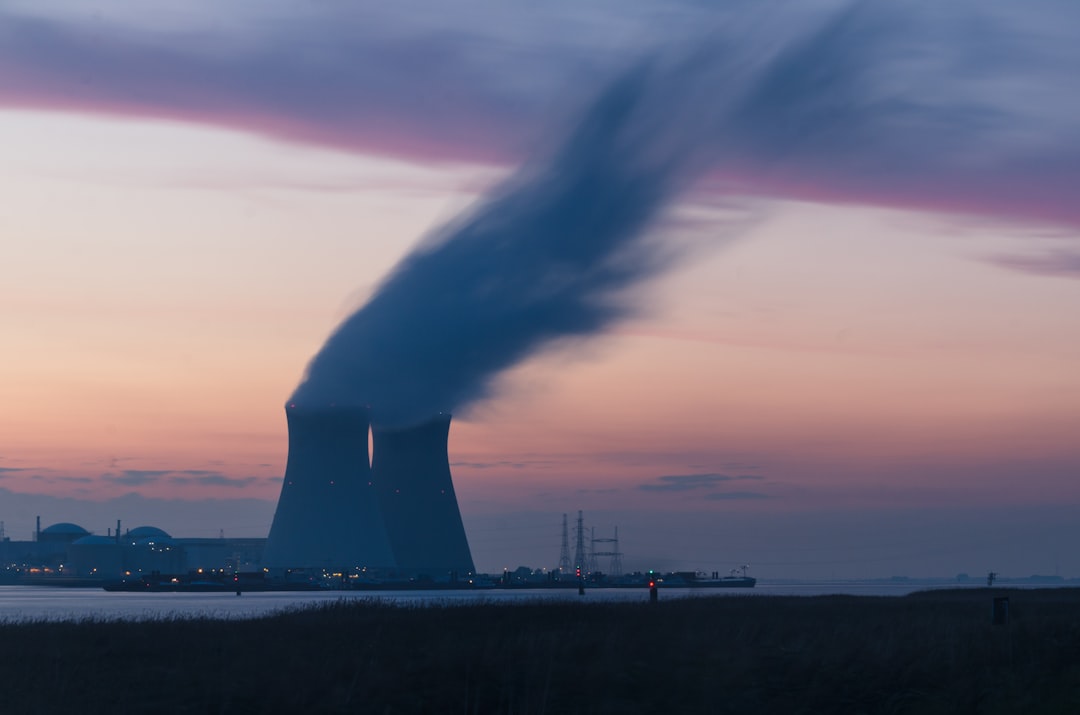 Challenges in Electrification
Challenges in Electrification
 Infrastructure and Investment Needs
Infrastructure and Investment Needs
The path to a fully electrified future is not without its challenges. Significant upgrades to power generation , transmission, and distribution infrastructure are necessary to handle the increased demand. Investment and regulatory approval are critical hurdles for the implementation of new technologies in energy management. The fragility of the current electrical grid underscores the need for a more intelligent grid to meet future decarbonization goals.
Utilities may face increased rates and infrastructure costs due to the rapid electrification of appliances and vehicles, posing a potential challenge to the affordability of clean energy. Addressing the upfront costs of electrification technologies remains a barrier for many consumers and businesses.
Workforce Development and Skill Gaps
The transition to an electrified world requires a skilled workforce, which is currently lacking. Only 40% of buildings are smart, indicating a significant potential for efficiency improvements. Companies like Schneider Electric are stepping up, aiming to train one million people globally to address the skills gap in energy and automation sectors.
Collaboration between educational institutions and industry is essential to equip the workforce with the necessary skills to tackle electrification challenges. Upskilling programs focused on electrification technologies are crucial for ensuring a seamless transition to clean energy solutions.
Case Studies and Examples
 Successful Projects in Residential and Commercial Settings
Successful Projects in Residential and Commercial Settings
Successful electrification projects across the globe illustrate the transformative potential of this movement. In Connecticut, fleet electrification projects have shown substantial emissions reductions and cost savings. Stearns Electric's community solar projects are a testament to the benefits of decentralized energy systems.
Apex Mechanical's involvement in electrification projects throughout the Pacific Northwest demonstrates their expertise and leadership in the field. They have proven that integrating smart home technologies can lead to energy savings of up to 30% compared to traditional systems. Large commercial buildings adopting electrification strategies report not only enhanced energy efficiency but also improved tenant satisfaction.
The Transformative Impact of Electrification on the Future
Electrification is reshaping the energy landscape, offering numerous environmental and economic benefits for homes and businesses alike. Companies like Apex Mechanical are at the forefront of this transformation, providing comprehensive electrification solutions tailored to meet the diverse needs of their clients. For more information on how Apex Mechanical can assist with your electrification needs, visit Apex Mechanical.
